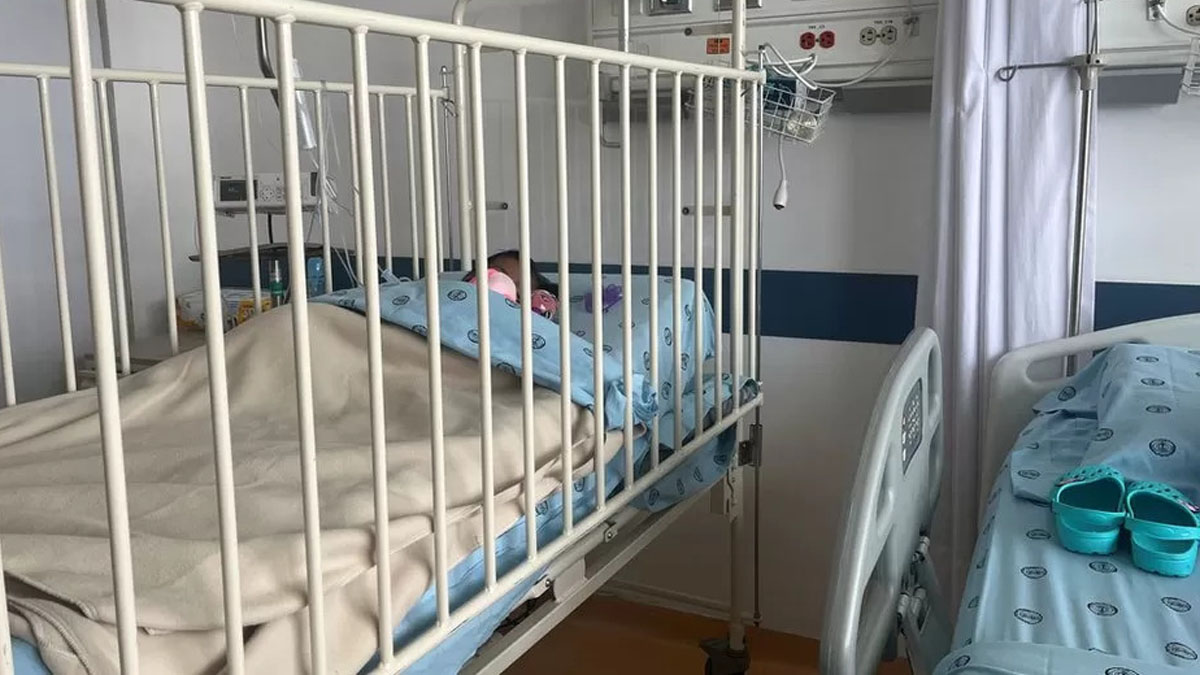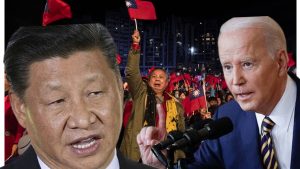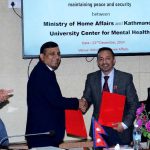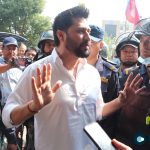
Children reunited with family after surviving 40 days in Amazon

Four children who survived weeks alone in Colombia’s Amazon jungle have been reunited with relatives as they recover in hospital.
The siblings, aged 13, nine, five and one, are “very weak” but “happy to see their family”, said their grandfather, Fidencio Valencia.
They are speaking a little and two of them have begun playing, officials say.
The four children were found on Friday after more than a month of searching by the military and local people.
They went missing after the plane they were in crashed on 1 May. Their mother and two pilots were killed in the crash.
Rescuers tracked them down after spotting signs in the jungle, including footprints and fruit that had been bitten into.
Two of the children, the one-year-old baby and the five-year-old, spent their birthdays in the jungle, as the eldest Lesly, 13, guided them through the ordeal.
They survived by eating flour that they found in the plane’s wreckage and then seeds, Mr Valencia said.
Colombia’s Defence Minister Ivan Velasquez, who visited them in the hospital with President Gustavo Petro on Saturday, praised Lesly for taking care of her younger siblings.
“It is thanks to her, her value and her leadership, that the three others were able to survive, with her care, her knowledge of the jungle,” Mr Velasquez said.
“In general the children, the boy and the girls are in an acceptable state, according to the medical reports they are out of danger.”
Military doctor Carlos Rincon said they have “nutritional deficiencies” but had survived with only “some soft tissue injuries, bites, and skin lesions”.
They are not yet able to eat, he said, adding: “We will begin the process of incorporating food when we complete the process of clinical examinations that will be done today. If things go well, we believe they will stay in the hospital for two to three weeks.”
Astrid Caceres, the general director of the Colombian Institute of Family Welfare, said the children “don’t talk as much as we would like them to” and need time to recover.
But she said two of the children had been playing.
The children belong to the Huitoto indigenous group. General Pedro Sanchez, who led the search operation, credited Indigenous people who volunteered to help the rescue effort.
“We found the children: miracle, miracle, miracle!” he told reporters.
Some rescuers are continuing to search the jungle for a rescue dog, a Belgian Shepherd, that went missing during the hunt for the children.
The children’s grandmother, Fatima Valencia, said after their rescue: “I am very grateful, and to mother earth as well, that they were set free.”
She said the eldest of the four siblings was used to looking after the other three when their mother was at work, and that this helped them survive in the jungle.
“She gave them flour and cassava bread, any fruit in the bush, they know what they must consume,” Ms Valencia said in footage obtained by EVN.

Colombia’s president shared a photo of rescue workers preparing a bottle for a baby, photo: PRESIDENT GUSTAVO PETRO
The Cessna 206 aircraft the children and their mother had been travelling on before the crash was flying from Araracuara, in Amazonas province, to San José del Guaviare, when it issued a mayday alert due to engine failure.
The bodies of the three adults were found at the crash site by the army, but it appeared that the children had escaped the wreckage and wandered into the rainforest to find help.
In May, rescuers recovered items left behind by the children, including a child’s drinking bottle, a pair of scissors, a hair tie and a makeshift shelter.
Small footprints were also discovered, which led search teams to believe the children were still alive in the rainforest, which is home to jaguars, snakes and other predators.
Members of the children’s community hoped that their knowledge of fruits and jungle survival skills would give them a better chance of remaining alive.
Indigenous people joined the search and helicopters broadcast a message from the children’s grandmother, recorded in the Huitoto language, urging them to stop moving to make them easier to locate.












Comments